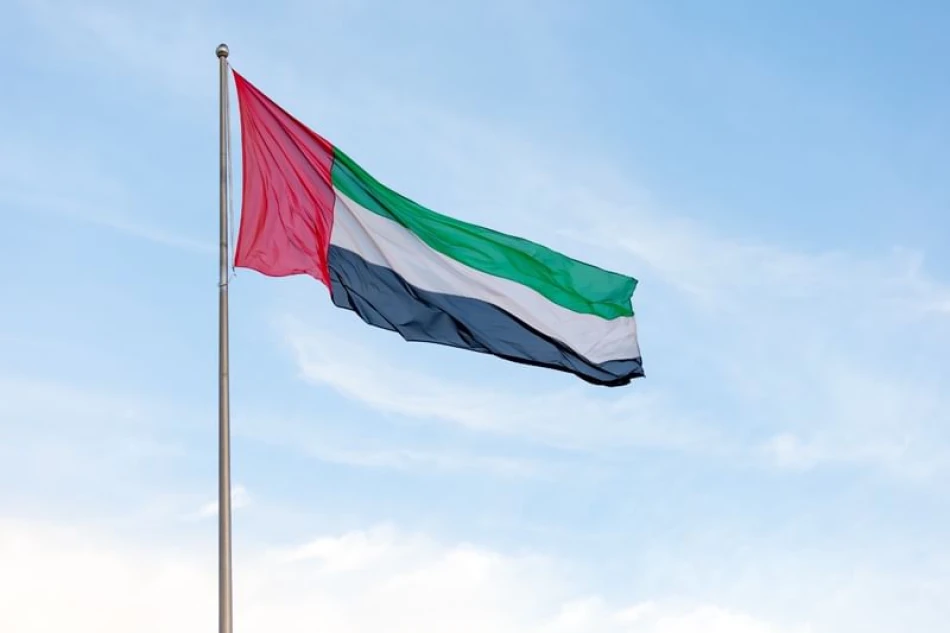
UAE Leads Efforts to Strengthen Global Peace and Security, Fostering Stability and Development
UAE Parliamentary Leaders Champion UN Charter Adherence at Global Peace Summit
Senior Emirati parliamentary officials are pushing for stronger international commitment to UN Charter principles at a high-level Islamic cooperation meeting in Geneva, signaling the UAE's continued positioning as a regional diplomatic mediator. The intervention comes as global conflicts strain multilateral institutions and challenge the post-World War II international order.
Strategic Timing Amid Global Tensions
Dr. Ali Rashid Al Nuaimi, Chairman of the Federal National Council's Defense, Interior and Foreign Affairs Committee, emphasized that international peace and security form the cornerstone of sustainable development during the Islamic Cooperation Organization's parliamentary gathering. The meeting runs alongside the Sixth World Conference of Speakers of Parliament from July 29-31, 2025, creating a platform for coordinated diplomatic messaging.
The timing is significant. As traditional Western-led multilateral frameworks face mounting pressure from regional conflicts and great power competition, Islamic nations are increasingly asserting their role in global governance structures.
UAE's Diplomatic Calculus
The UAE's prominent participation reflects its broader foreign policy strategy of positioning itself as a stable, moderate voice in Middle Eastern affairs. Unlike Saudi Arabia's more assertive regional approach or Qatar's controversial hosting strategies, the Emirates has consistently invested in multilateral diplomacy as a hedge against regional instability.
Al Nuaimi's focus on peaceful conflict resolution through diplomatic channels aligns with the UAE's recent normalization agreements and its role in facilitating dialogue between conflicting parties in Libya, Yemen, and other regional flashpoints.
Parliamentary Diplomacy as Soft Power
The delegation's composition—including Federal National Council members Sarah Mohammed Falknaz, Dr. Marwan Obaid Al Muhairi, and Mira Sultan Al Suwaidi—demonstrates the UAE's investment in parliamentary diplomacy. This approach allows nations to engage in international dialogue without the formal constraints of executive-level negotiations.
Parliamentary engagement has proven particularly effective for Gulf states seeking to diversify their international relationships beyond traditional security partnerships with Western powers. Similar strategies have been employed by Singapore and Switzerland, both small states that leverage institutional participation to amplify their global influence.
Implications for Regional Stability
The emphasis on multilateral institutions and diplomatic efforts suggests the UAE recognizes that unilateral military interventions—whether in Yemen, Syria, or elsewhere—have failed to deliver lasting stability. This shift toward institutional engagement may signal broader regional acceptance that complex conflicts require sustained diplomatic coordination rather than military solutions.
For international observers, the UAE's consistent messaging on UN Charter principles provides a counterpoint to more radical regional voices while maintaining independence from Western policy frameworks. This positioning could prove valuable as global powers seek reliable partners for future conflict mediation efforts.
Most Viewed News

 Sara Khaled
Sara Khaled






